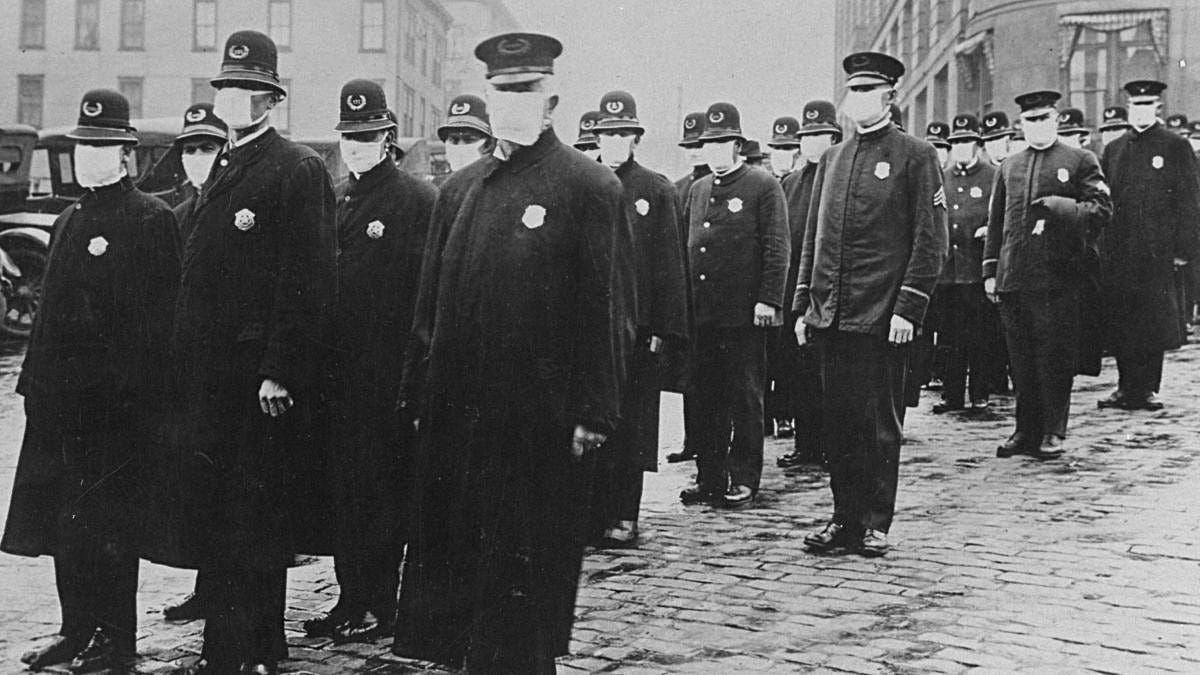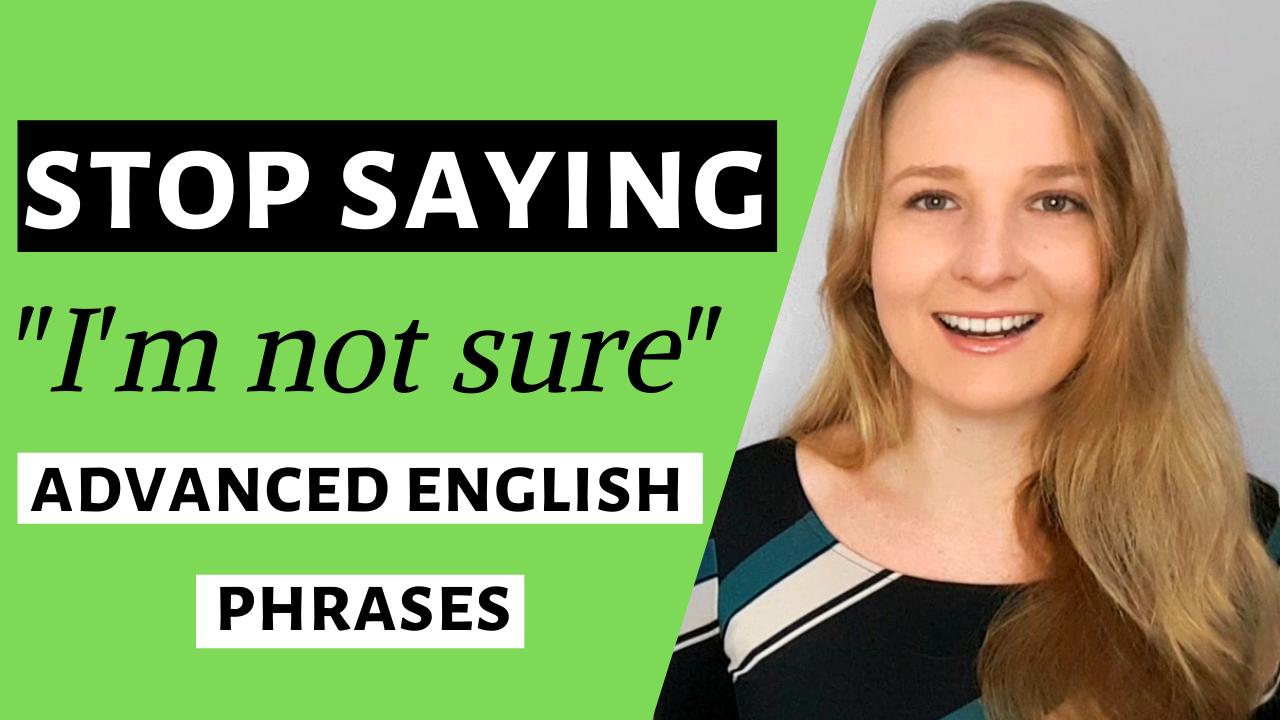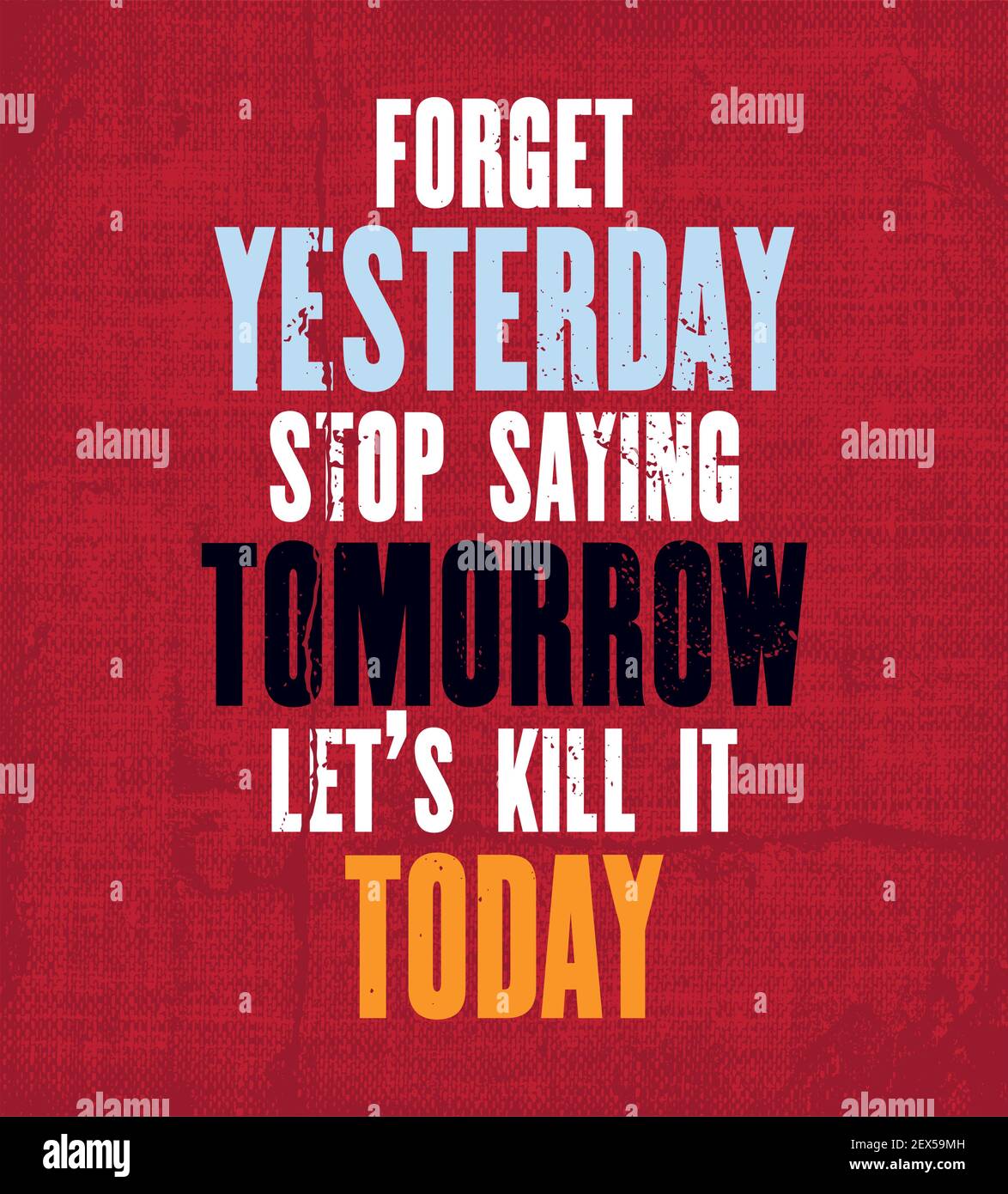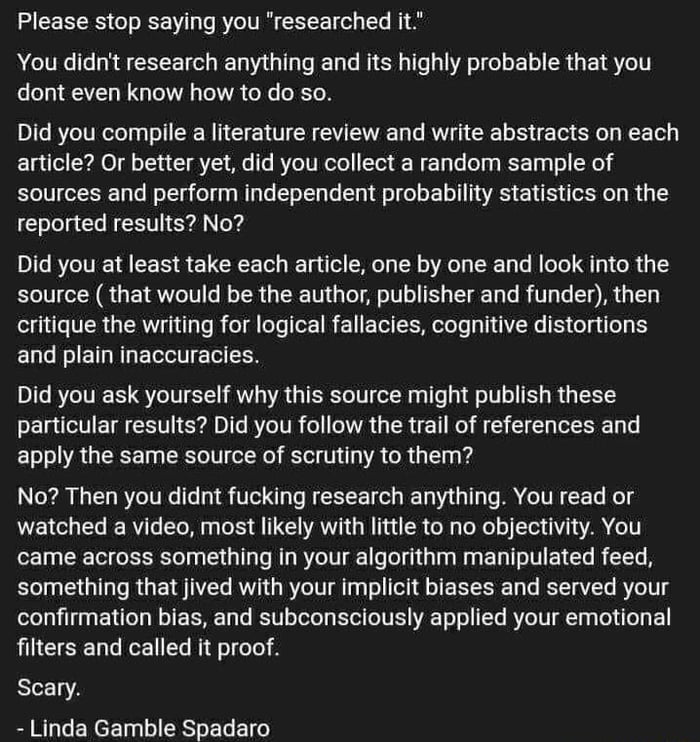Fabulous Tips About How To Stop Saying Ah

They have the ability to speak.
How to stop saying ah. Once you’ve become aware of your filler words as they try. 5 ways to eliminate filler words. First of all you've got to.
Like most people, you probably lean on filler words while speaking, such as “um,” “ah,” or “you know.” but these verbal crutches diminish your credibility and. This is something a lot of people really worry about. 240 views 1 year ago.
When we start our media training courses by asking our participants what they want to learn, one of the most common requests we hear. To stop saying “you know” frequently, you can follow these tips: In this video, you'll discover what to do instead of saying your.
Tips to reduce filler words. When you get rattled while speaking — whether you’re nervous, distracted, or among a loss used what comes next — it’s easy to lean on filler words, suchlike as “um,”. An effective way to lessen fillers is simply to slow down, so.
Every time you catch yourself saying “like,” for example, tap your leg. For example, we use “um” and “ah” to hold onto the “conversational floor” as we are planning what we are going to say next, with “ah” signaling a short delay and. These settings are a great place to practice because the stakes are generally low.
First, identify your crutch words and pair them with an action. Other common filled pauses are ‘so’, ‘um’, ‘ah,’ ‘you know’, etc. Here's a great way to finally stop using filler words.
Want to learn how to stop saying filler words like um and ah? Powerful public speakers work hard to eliminate words such as “um,” “uh,” “well,” “so,” “you know,” “er,” and “like” from their vocabulary so that their listeners can. Pay attention to your speech patterns and identify when you tend to use the.
Many people who use fillers tend to speak fast, which causes “um’s” and “ah’s” to increase. When you get rattled while speaking — whether you’re nervous, distracted, or at a loss for what comes next — it’s easy to lean on filler words, such as “um,” “ah,” or. I think of them as our brain forcing our mouth to stop saying words so it has a chance to catch up.
In your daily conversations practice placing silence where you usually think out loud. So how do you get rid of the ums and ahs from your speech? A few lucky people are blessed with the gift of gab.


















